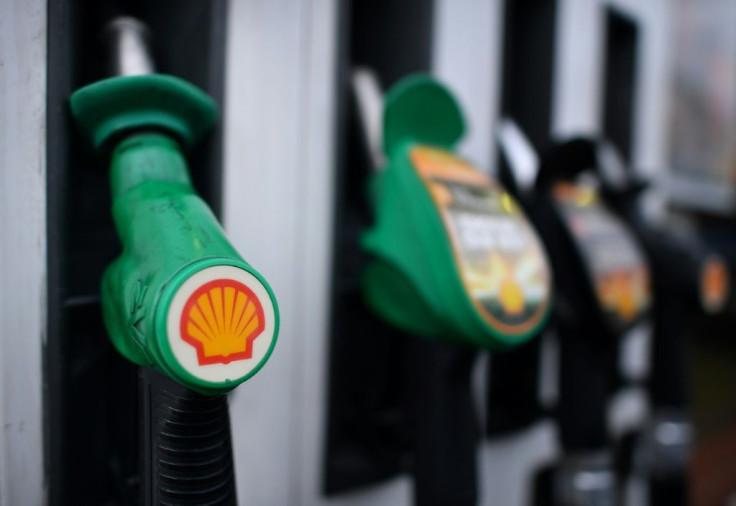Shell Says Will Take Up To $22bn Hit From Coronavirus

Energy giant Royal Dutch Shell will take a vast charge of up to $22 billion (19.6 billion euros) due to chronic fallout from coronavirus and collapsing oil prices, it announced Tuesday.
The Anglo-Dutch company said in a statement that it will face a charge of between $15 billion and $22 billion in the second quarter, after crude futures had suffered a spectacular crash on COVID-19 fallout, the Saudi-Russia price war and oversupply.
The charge will thus likely be larger than the $15.8 billion net profit the firm earned last year.
Tuesday's announcement comes after rival BP revealed earlier this month that it was taking a hit of between $13 billion and $17.5 billion in the same period as a result of sustained coronavirus fallout that ravaged the world's appetite for oil.
"Given the impact of COVID-19 and the ongoing challenging commodity price environment, Shell continues to adapt to ensure the business remains resilient," Shell said in the statement.
It added: "In light of this, Shell is announcing today a revised long-term commodity prices and margin outlook, which is expected to result in non-cash impairments in the second-quarter results."
The move also reflected a planned reshaping of refining activities as it seeks to move towards becoming carbon neutral by 2050.
Shell also predicted that upstream crude production was expected to stand at between 2.3 and 2.4 million barrels of oil equivalent in the second quarter.
"Although this production range is higher compared with the outlook previously provided, it has had a limited impact on earnings in the current macro environment," the group cautioned.
And it forecast that benchmark London North Sea Brent crude prices would stand at an average of just $35 per barrel in 2020, before recovering somewhat to reach $40 in 2021, $50 by 2022 and $60 by 2023.
In response to the killer disease, companies worldwide closed their doors and airlines grounded planes towards the end of the first quarter.
Coronavirus slammed the brakes on global economic activity and shattered oil-intensive industries.
The outbreak also sent oil prices plunging off a cliff -- and even caused them briefly to turn negative.
Prices have since rebounded sharply on an easing global crude supply glut and as governments relax lockdowns and businesses slowly reopen.
Yet some analysts warn that the market remains vulnerable to a second wave of coronavirus infections and lockdowns.
BP, which is axing around 10,000 jobs or 15 percent of its global workforce in response to virus turmoil, decided Monday to sell its petrochemical business to privately-owned rival Ineos for $5.0 billion to bolster its finances.
Shell has yet to take such drastic action, but announced in March that it will cut operating costs by $3.0-4.0 billion over 12 months, and reduce its annual spending by one-fifth to $20 billion.
In April it cut its dividend for the first time since the 1940s after sinking into loss in in the first quarter of this year. The loss of $24 million compared to a profit after tax of $6.0 billion in the same period a year earlier.
© Copyright AFP {{Year}}. All rights reserved.





















